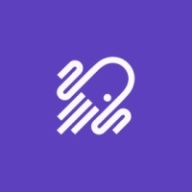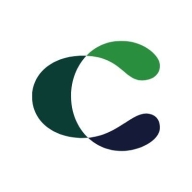

Acunetix and Contrast Security Assess compete in the security solutions category. Contrast Security Assess appears to have the upper hand in feature offerings due to its real-time detection and integration capabilities.
Features: Acunetix is recognized for comprehensive scanning capabilities, detailed vulnerability reports, and competitive pricing. Contrast Security Assess is noted for its integration capabilities, real-time detection, and superior feature offerings.
Room for Improvement: Acunetix could improve by enhancing scalability, increasing update frequency, and expanding adaptability. Contrast Security Assess may benefit from improved documentation, simplifying its learning curve, and refining user guidance.
Ease of Deployment and Customer Service: Acunetix is known for straightforward deployment and effective customer service. Contrast Security Assess has a more complex setup but is supported by robust customer service once deployed.
Pricing and ROI: Acunetix is seen as cost-effective, offering quick ROI and affordability. Contrast Security Assess, while more expensive, is viewed as a worthwhile investment given its advanced features and high long-term returns.
| Product | Market Share (%) |
|---|---|
| Acunetix | 2.9% |
| Contrast Security Assess | 0.8% |
| Other | 96.3% |

| Company Size | Count |
|---|---|
| Small Business | 15 |
| Midsize Enterprise | 8 |
| Large Enterprise | 16 |
| Company Size | Count |
|---|---|
| Small Business | 2 |
| Midsize Enterprise | 3 |
| Large Enterprise | 6 |
Acunetix Web Vulnerability Scanner is an automated web application security testing tool that audits your web applications by checking for vulnerabilities like SQL Injection, Cross site scripting, and other exploitable vulnerabilities.
Contrast Security is the world’s leading provider of security technology that enables software applications to protect themselves against cyberattacks, heralding the new era of self-protecting software. Contrast's patented deep security instrumentation is the breakthrough technology that enables highly accurate assessment and always-on protection of an entire application portfolio, without disruptive scanning or expensive security experts. Only Contrast has sensors that work actively inside applications to uncover vulnerabilities, prevent data breaches, and secure the entire enterprise from development, to operations, to production.
We monitor all Static Application Security Testing (SAST) reviews to prevent fraudulent reviews and keep review quality high. We do not post reviews by company employees or direct competitors. We validate each review for authenticity via cross-reference with LinkedIn, and personal follow-up with the reviewer when necessary.